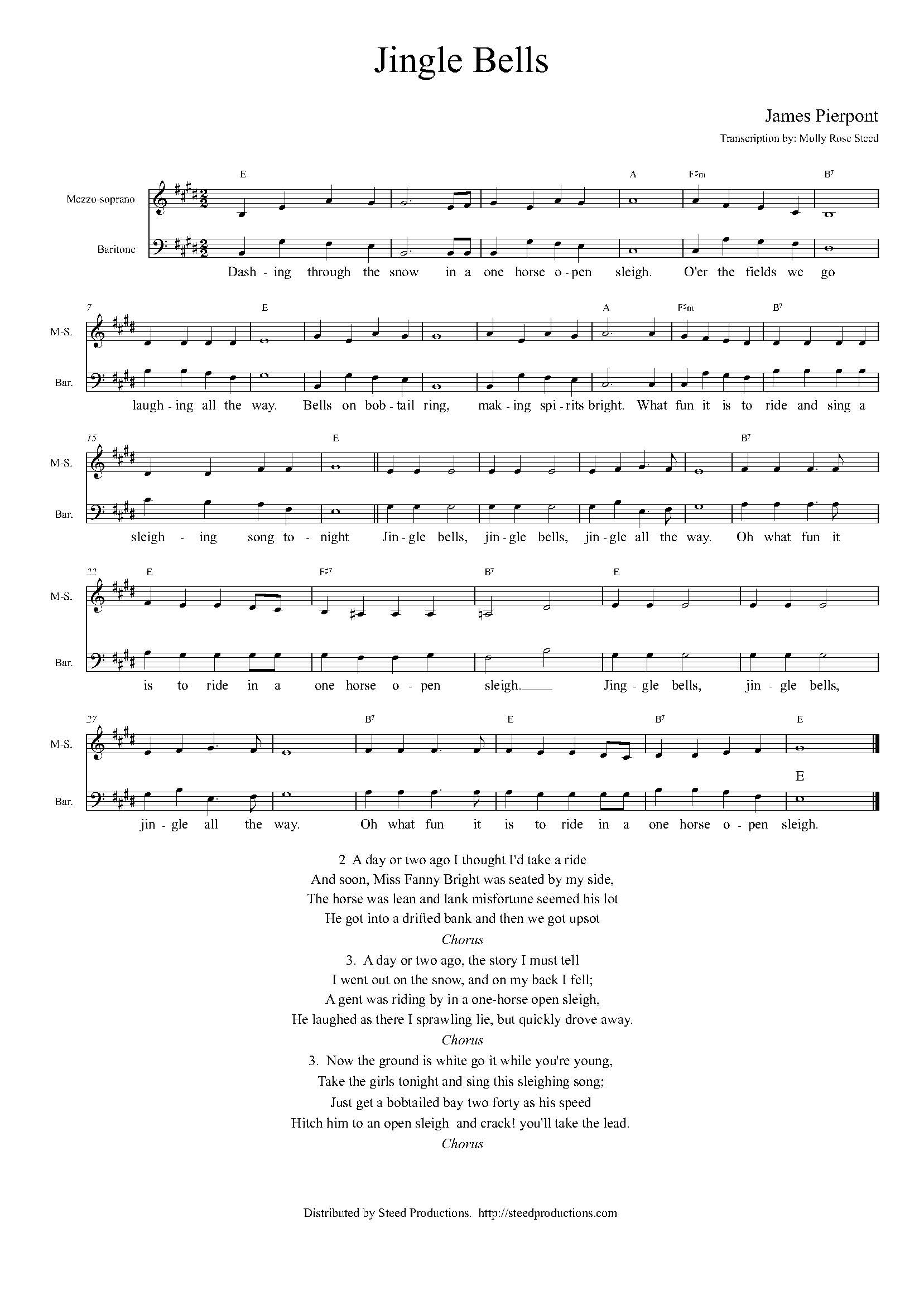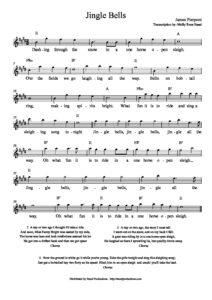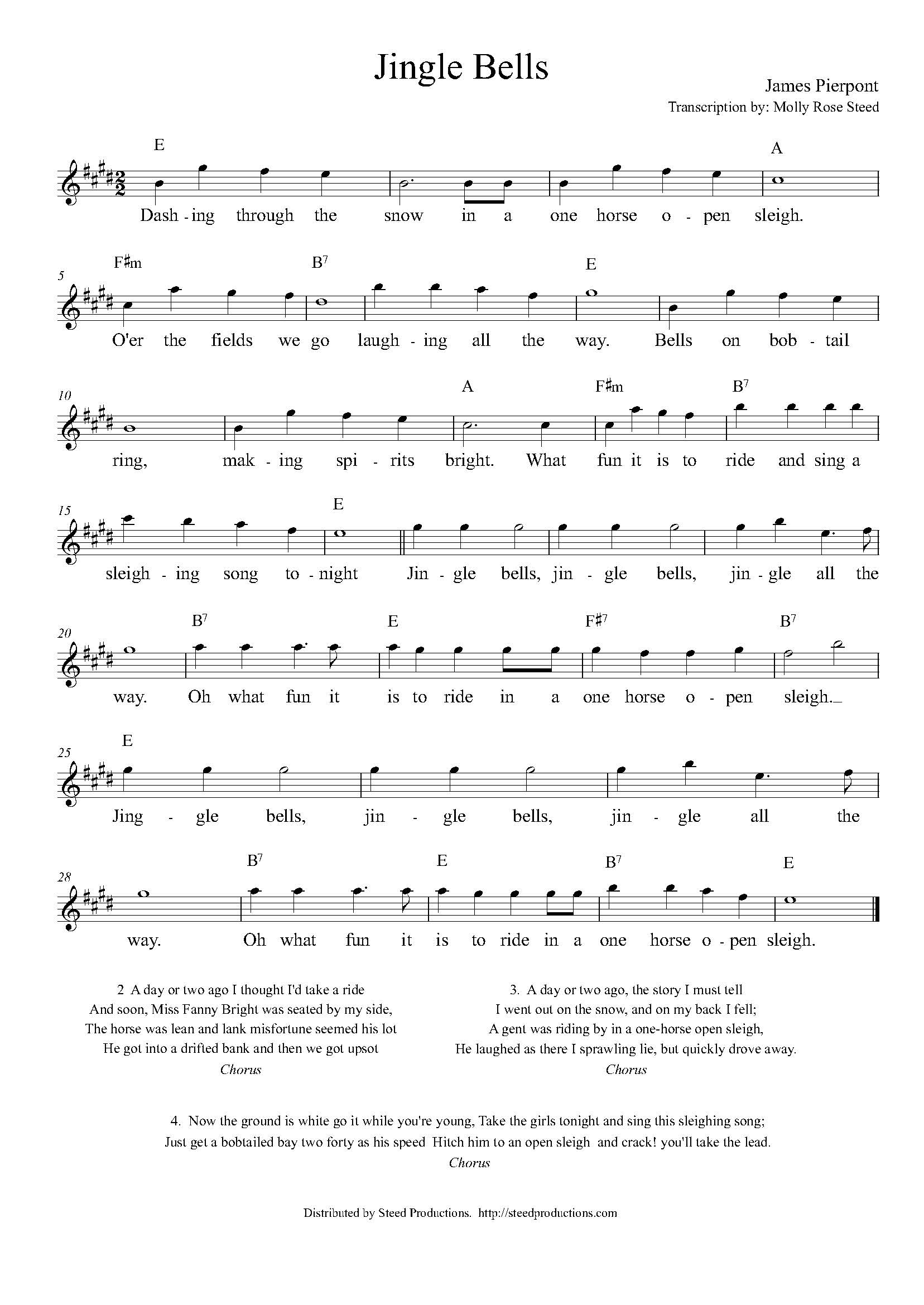An oration by James Louis Steed of the 5th of Shakespeare’s 154 sonnets published in 1609. This sonnet is the fifth of the author’s “Fair Youth” and “procreation” sonnets. Shakespeare metaphorically uses seasons to describe the timeline of life. Specifically, winter is used to describe the latter years. The perfume of a flower distilled in summer reminds us of the once living beauty of the plant. Much like our children carry on in our winter years, reminding us of the summer of our lives.
Category: Release
All of the content we’ve created for release! We are a duo of multimedia artists and even though our company’s focus is sound and music, we create many other types of content and will continue to do so.
William Shakespeare’s Sonnet 4 Recited by James Louis Steed
An oration by James Louis Steed of the 4th of Shakespeare’s 154 sonnets published in 1609. This sonnet is the fourth of the author’s “Fair Youth” and “procreation” sonnets. Shakespeare compares the gifts of nature to those of commerce quite explicitly in this sonnet. The irony, though, is that nature’s gift to us of youth and the consequent beauty is not really a gift at all. It is really only on loan to us and it is up to us to, essentially, spend the gift wisely through rearing children.
William Shakespeare’s Sonnet 3 Recited by James Louis Steed
An oration by James Louis Steed of the 3rd of Shakespeare’s 154 sonnets published in 1609. This sonnet is the third of the author’s “Fair Youth” and “procreation” sonnets. Again, Shakespeare warns of the dire consequences of growing old and dying without having offspring. He does so by offering two different outcomes to the youth’s life. One being an empty future with gloomy golden years, while another is full of life and joy as he lives on through his future generations.
William Shakespeare’s Sonnet 2 Recited by James Louis Steed
An oration by James Louis Steed of the 2nd of Shakespeare’s 154 sonnets published in 1609. This sonnet is the second of the author’s “Fair Youth” and “procreation” sonnets. The poem warns the fair youth being addressed that he will most certainly regret perpetuating his youthful debauchery when he reaches the ripe old age of forty, particularly if he ultimately ends up failing to marry and produce offspring.
Twelve Bar Basic Blues Metronome Progressions Training Video 70Bpm Key Of C No Piano
This music practice video is designed to aid in any musician’s chord progression and rhythm training. While this video specifically focuses on the twelve bar blues, the metronome training aspect of it teaches more than simply this basic blues progression. Metronome training is extremely helpful for any musician to keep their own rhythm and avoid problems like rushing the beat. This video focuses on playing in the Key Of C Major at a tempo of 70 beats per minute. This is considered to be a Adagio tempo (from the Italian meaning slow with great expression).
William Shakespeare’s Sonnet 1 Recited by James Louis Steed
William Shakespeare’s Sonnet One (From Fairest Creatures We Desire Increase) is the 1st of his 154 sonnets published in 1609 and the First of the “Fair Youth” and “procreation” sonnets. It is a typical Shakespearean sonnet, with three quatrains followed by a couplet. It also has the characteristic rhyme scheme: ABAB CDCD EFEF GG. The poem attempts to convince the fair youth that his reluctance to carry his unique qualities on through having children is selfish and self-destructive.
Jingle Bells Performed by James and Molly Rose Steed
Jingle Bells Two Person Harmony By Molly Rose Steed
Jingle Bells Lead Sheet Transcribed by: Molly Rose Steed
Twelve Bar Basic Blues Metronome Progressions Training Video 100Bpm Key Of Bflat With Piano Roll
This music practice video is designed to aid in any musician’s chord progression and rhythm training. While this video specifically focuses on the twelve bar blues, the metronome training aspect of it teaches more than simply this basic blues progression. Metronome training is extremely helpful for any musician to keep their own rhythm and avoid problems like rushing the beat. This video focuses on playing in the Key Of B Flat Major, with the aid of a piano roll, at a tempo of 100 beats per minute. This is considered to be a Andante Moderato tempo (from the Italian meaning moderately, in the manner of a march).


